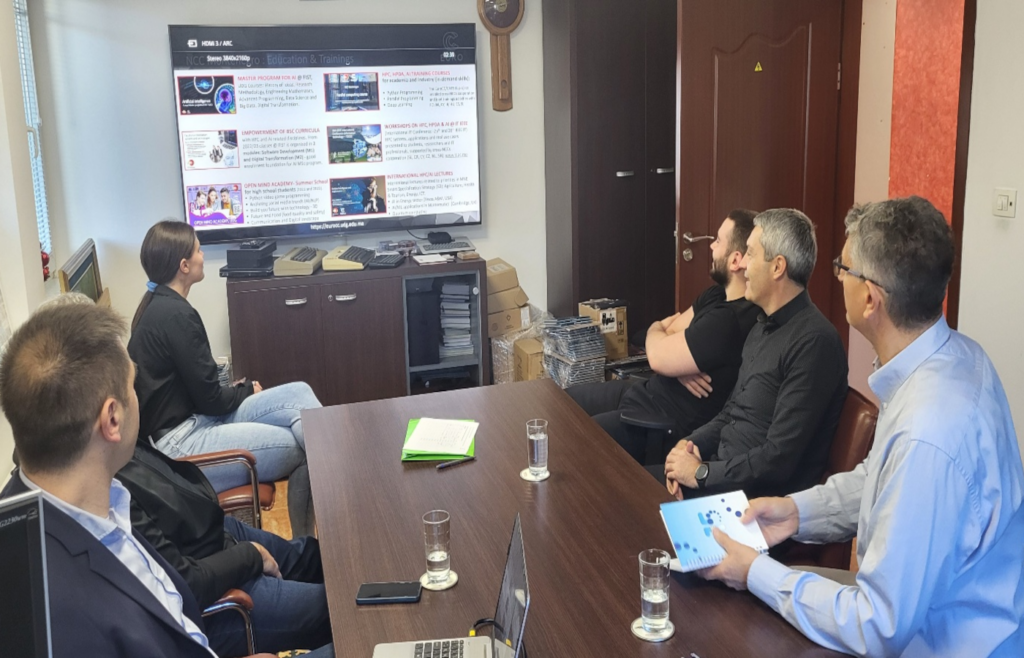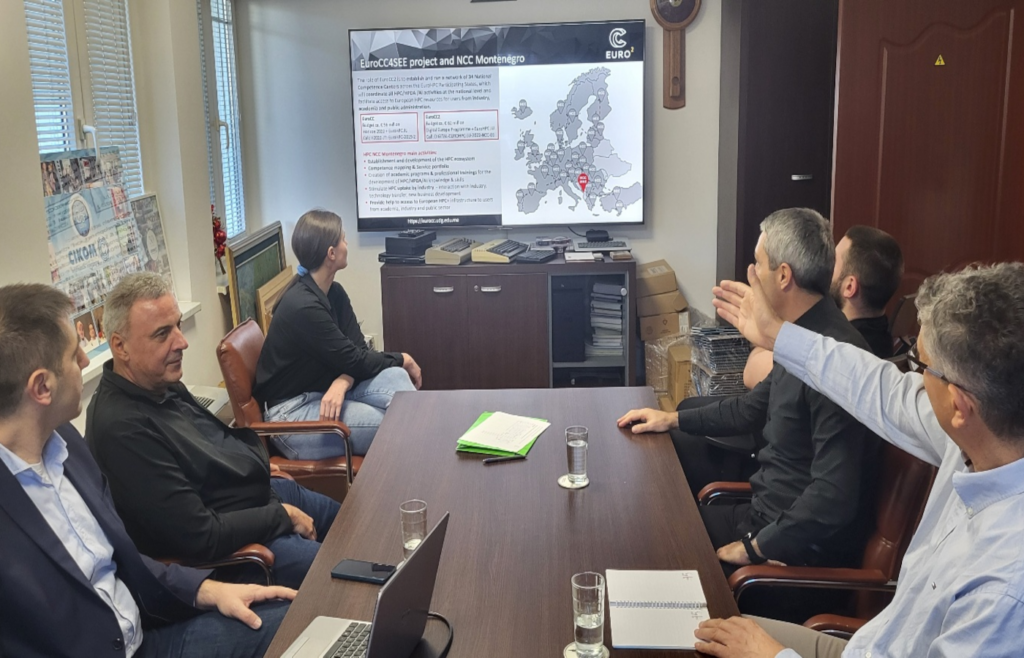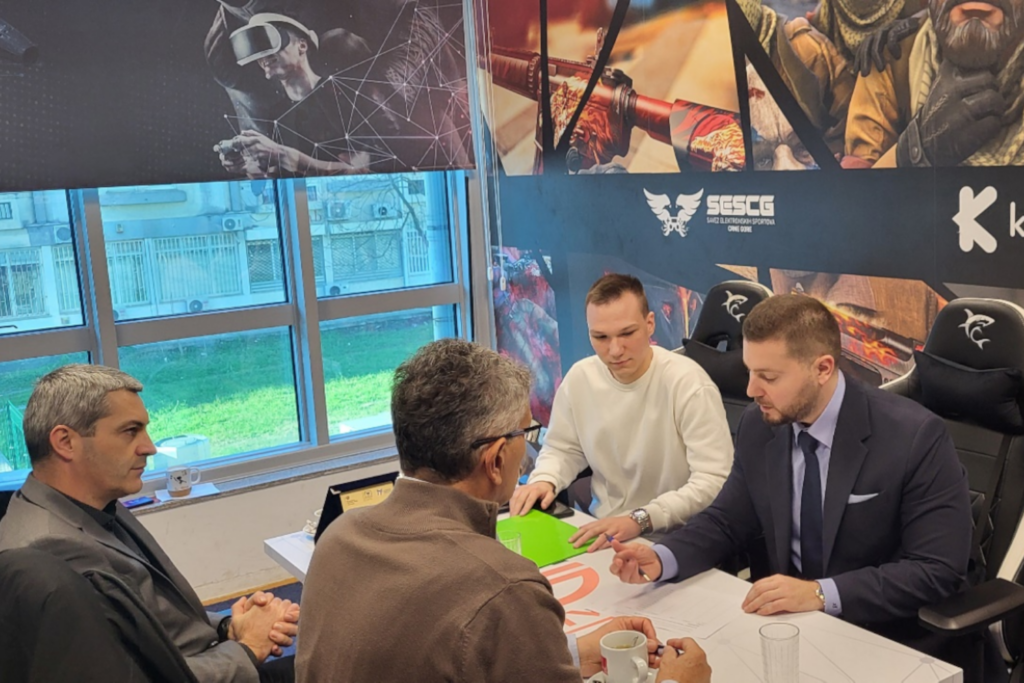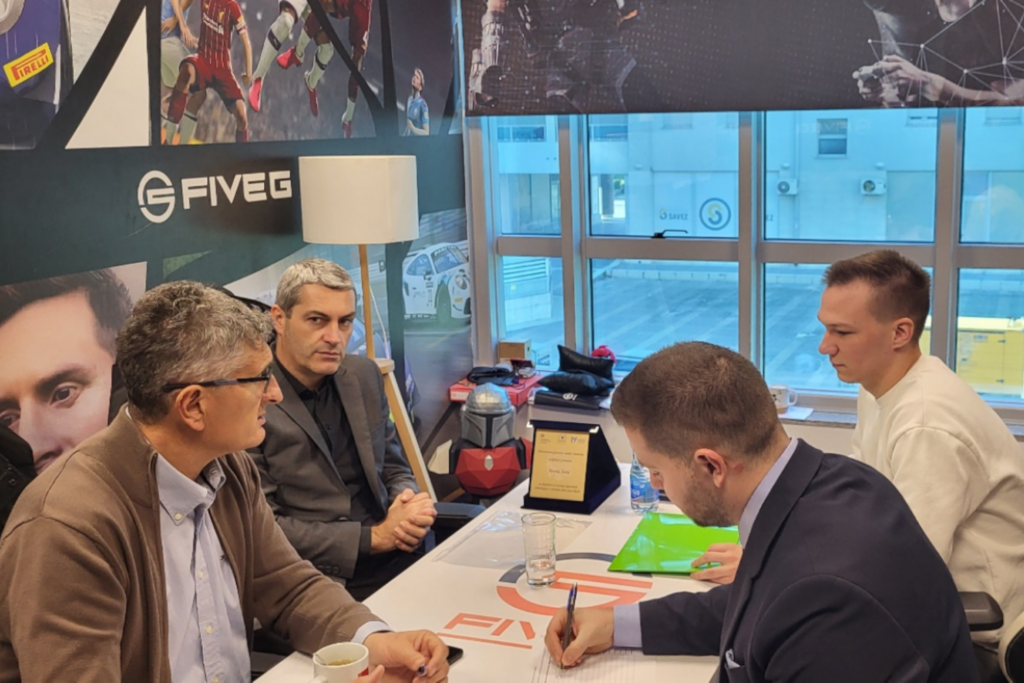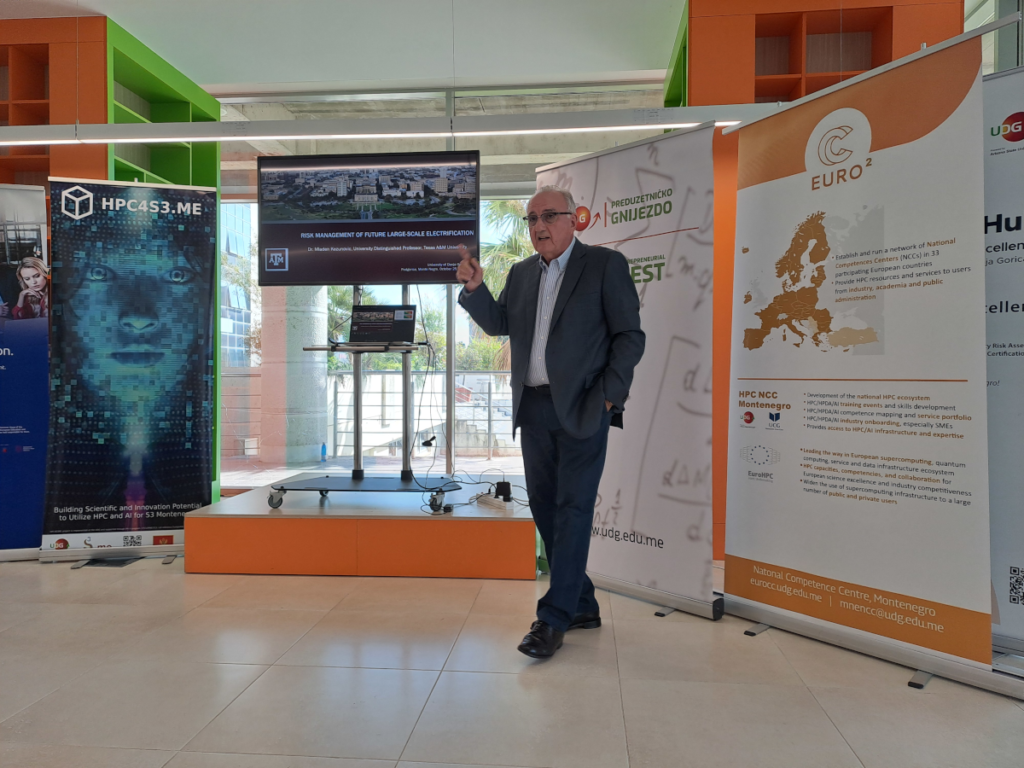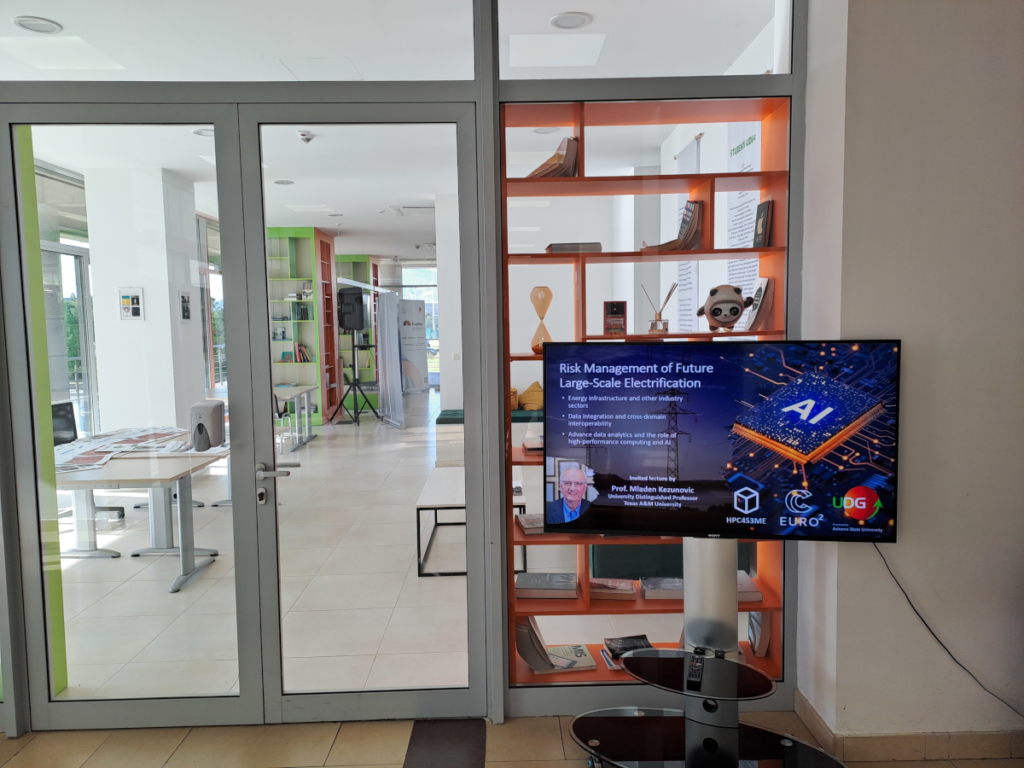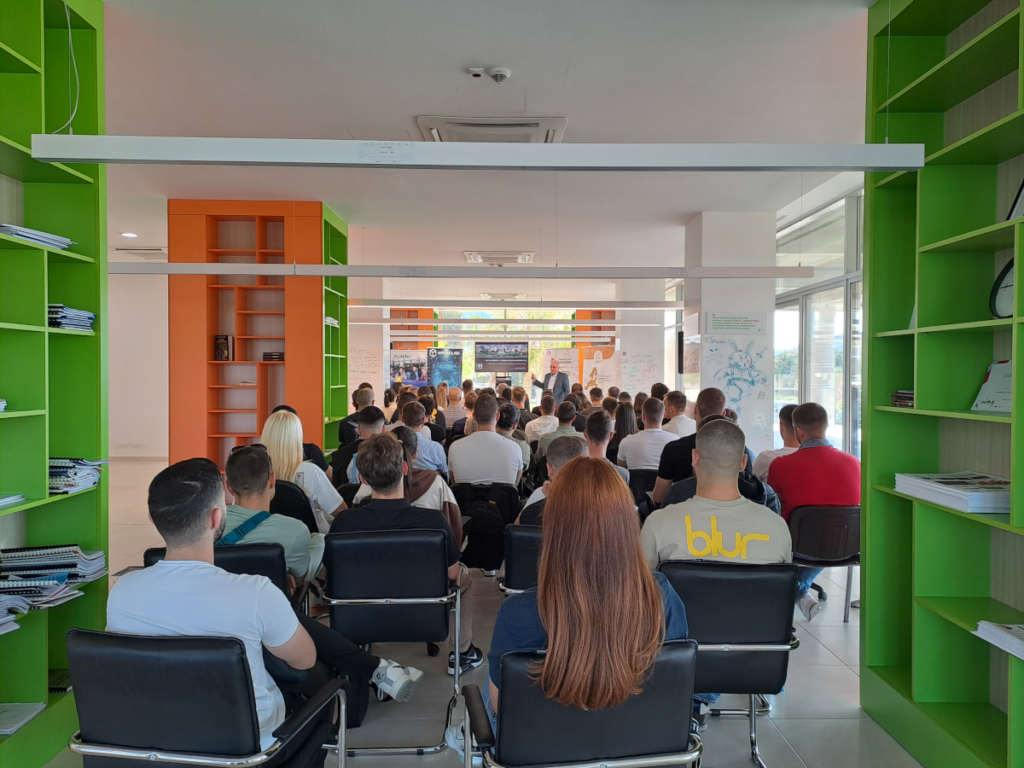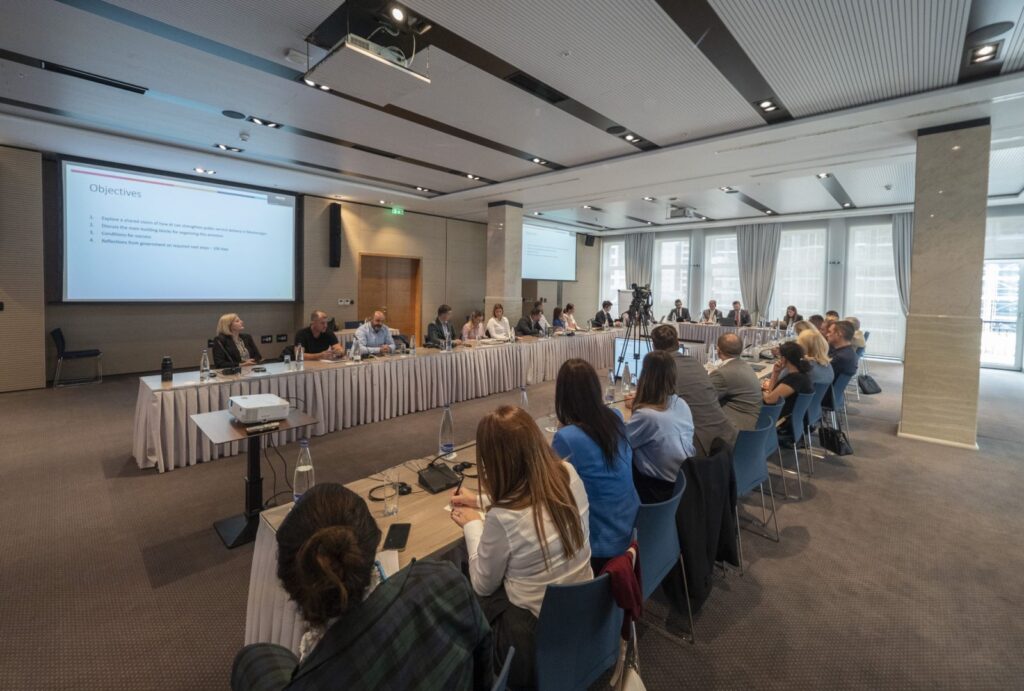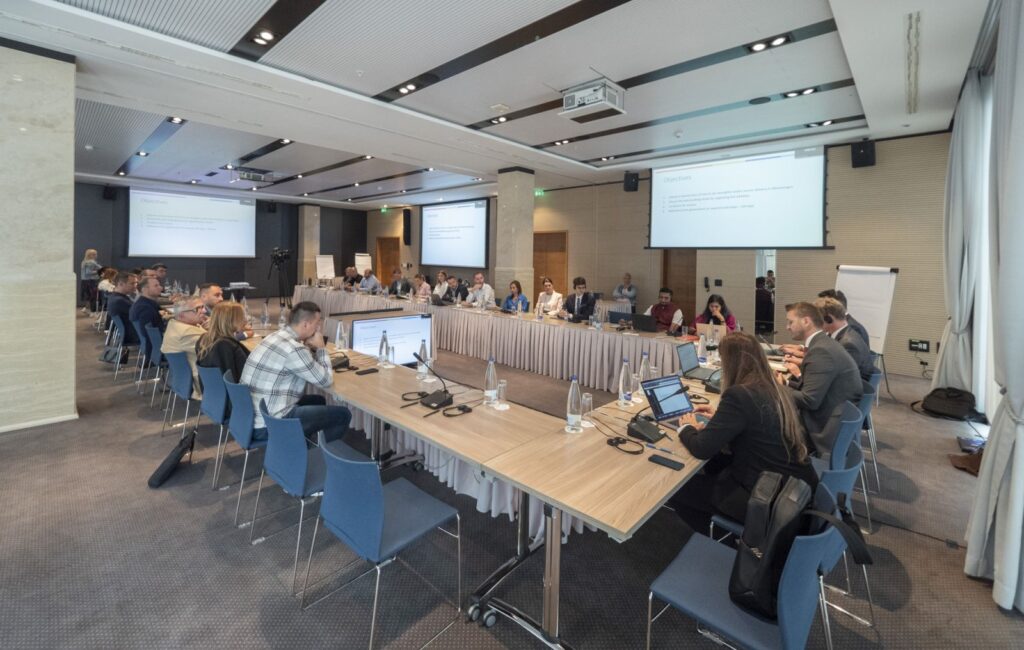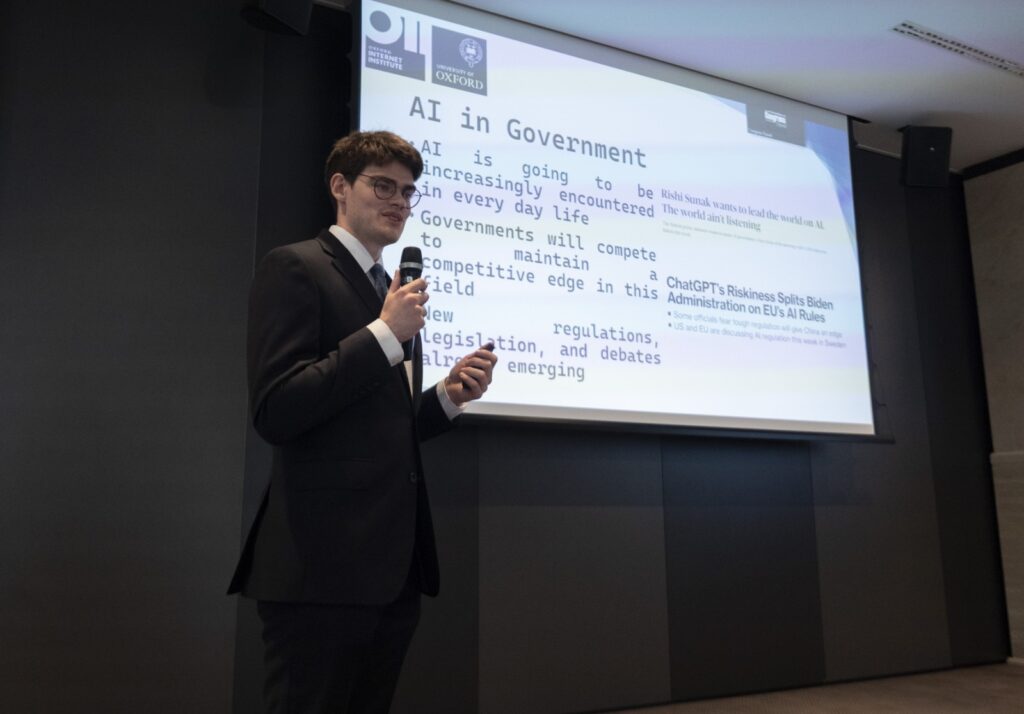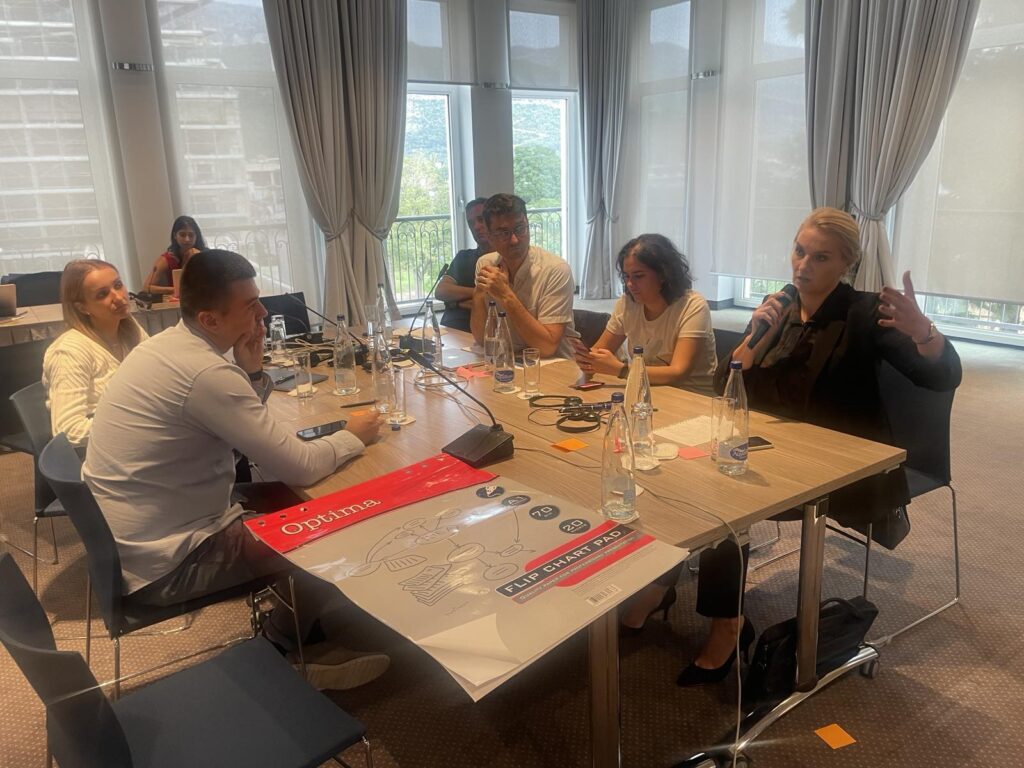NCC Montenegro is co-organizing industry-focused workshops and networking events to inspire innovative companies, SMEs and startups to learn how to improve their business processes and accelerate innovations with supercomputing HPC/AI opportunities. NCC experts provide HPC and AI technical expertise and infrastructure access, adjusted to the business environment and industry domains.
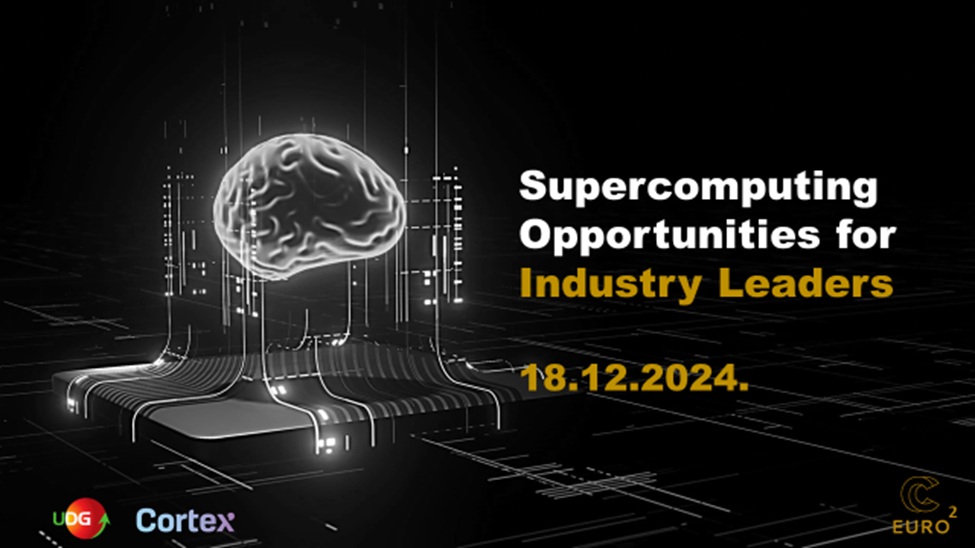
In cooperation with ICT Cortex (ICT Cluster for Information Technologies, Innovation, Education, Design and Technology Development in Montenegro)-gathering more than 40 founding members and 1800 IT experts, NCC Montenegro is organizing workshop “Supercomputing Opportunities for Industry Leaders” on 18th of Dec, to present HPC/AI systems and benefits, NCC services and activities, as well as EuroHPC infrastructure opportunities.
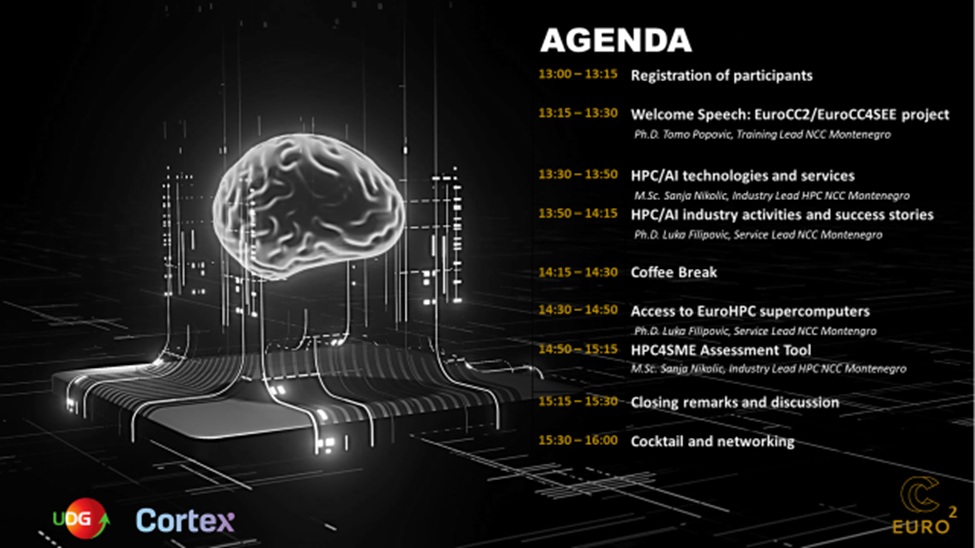
Montenegro’s ICT sector has been recognized as the catalyst for the development of an innovative economy and for strengthening the competitiveness and multiple industries. ICT industry is one of the fastest growing sectors in Montenegro accumulating more than €600 in 2022 (vs €124mn in 2012), achieving almost 10% of GDP (vs 4% in 2012) and 21% of country’s total exports (vs 3% in 2017), according to ICT Cortex /CEED Consulting analyses.
We believe that this workshop will increase awareness on HPC&AI opportunities, provide valuable insights and inspirational use cases to the members and partners of ICT Cortex, enabling them to discover supercomputing power to enhance their innovative business and industry competitiveness.


